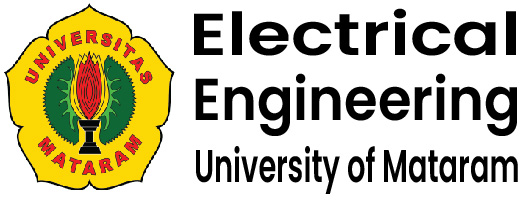The Telecommunications laboratory in the Electrical Engineering department provides students with hands-on experience in various aspects of communication systems. The laboratory is equipped with the latest tools and equipment to support the following practical courses:
-
Basic Telecommunication System Laboratory - This laboratory provides an introduction to the fundamentals of telecommunications systems. Students will learn about various communication systems, such as analog and digital transmission, modulation, and demodulation. They will also learn how to design, implement and test basic telecommunication systems.
-
Digital Signal Processing Laboratory - This laboratory focuses on the basics of digital signal processing (DSP) and its applications in communication systems. Students will learn about DSP concepts, such as filtering, sampling, and reconstruction of signals, as well as how to implement DSP algorithms on real-time signals.
-
Telecommunication Systems Laboratory - This laboratory provides students with a practical understanding of analog and digital communication systems. Students will learn how to analyze, design, and implement communication systems such as amplitude modulation (AM), frequency modulation (FM), and pulse-code modulation (PCM). They will also learn how to use simulation tools to model and analyze communication systems.
-
Telecommunication System Measurements Laboratory - This laboratory focuses on the principles and techniques of measuring the performance of communication systems. Students will learn about various measurement techniques such as spectrum analysis, signal-to-noise ratio, and error vector magnitude (EVM). They will also learn how to use test equipment such as signal generators, oscilloscopes, and spectrum analyzers to measure and analyze communication systems.
-
Telecommunication Network Laboratory - This laboratory provides students with hands-on experience in designing, implementing, and troubleshooting local and wide area networks. Students will learn about network protocols, architectures, and technologies. They will also learn how to use network simulation tools and network analyzers to design, test, and analyze network performance.
